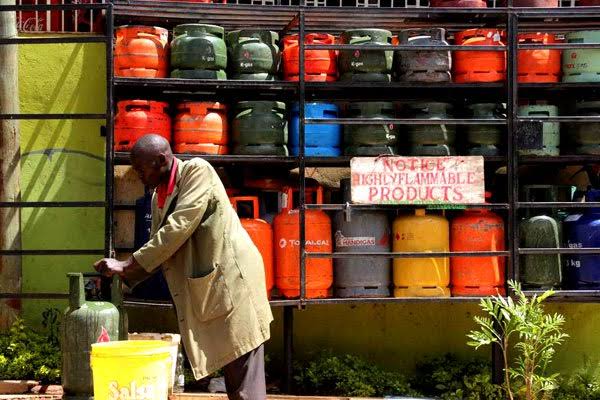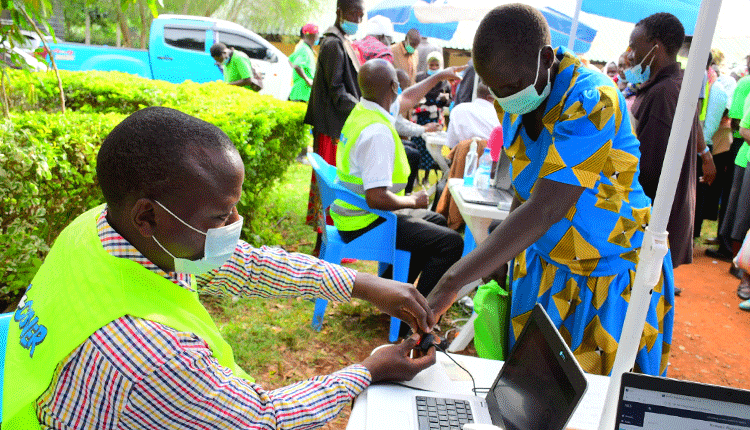Virus spurs economic inequality

Steve Umidha @UmidhaSteve
Surging inequality has soared for decades in Kenya and experts say the pandemic just ripped it open.
Experts who have been sounding the alarm bell over growing economic inequality say their worst fears happened when the pandemic tore the country apart.
According to Njeri Njoroge, an independent social scientist says besides the coronavirus plague, unequal distribution of public investments, land, corruption and illicit financial flows, coupled with bigoted retrogressive tax system, are also to blame for the inequity seen today.
“The Covid-19 Pandemic exposed the underbelly of economic inequality that characterises the Kenyan society.
Being the largest economy in East and Central Africa, it was expected that Kenya would lead the way in implementing measures for combating Covid-19 pandemic and cushioning the poor from the effects of the disease,” she said.
Ms. Njoroge notes that Kenya trailed neighboring Uganda and Rwanda in responding to the pandemic, a consequence that led to the country missing basic obligations.
Protect citizens
“Kenya was not able to implement a full lock-down to protect its citizenry from the spread of the disease with the main challenge being the inability of the majority of the citizens to obtain their basic needs in such a situation,” she said.
Since mid-March 2020, millions of Kenyans across the country lost their jobs as a result of the economic fallout from the pandemic most of whom are drawn from the informal sector.
Data from the government shows that over 83 per cent of those working population in the country are employed in the informal sector, however, they have no social protection.
These individuals survive on “hand-to-mouth” and thus implementing a total lock-down would have necessitated the government to provide food ration to this population, said Moses Opallo, a Nairobi-based automobile mechanic, who decries opportunities lost during the early stages of the pandemic owing to the enforced lockdown between April and July last year.
“I believe it was not a wise decision then but I believe that the Covid-19 experiences will be a wake-up call to the country and its leadership to re-examine the inequality situation in the country,” Opallo said.
His business which is located along Ngong Road had to close for a number of days as motorists stayed indoors.
In 2012, Kenya was ranked the 66th most unequal country in the world and the inequality is believed to be rising unabated.
Financia stress
Further, a survey by the Financial Sector Deepening (FSD) Kenya revealed that the Covid-19 pandemic had exacerbated financial stress among Kenyans.
Although the stress was slightly less among rural dwellers in the initial months of the pandemic, things started getting difficult even for them towards the end of 2020.
The study showed that normal coping mechanisms such as savings, remittances, and borrowing from friends had been exhausted.
The Kenya National Bureau of Statistics estimated that only 42 per cent of Kenyans living in rented apartments across the country were able to pay their rent in time in June 2020.
Rental arrears have exacerbated the already dire financial situation for renters.
Food insecurity has also risen especially among those living in informal settlements leading to increased insecurity.
A Red Cross Society of Kenya survey in Mukuru and Korogocho informal settlements in Nairobi County revealed that most families could afford less than 25 percent of the food that they needed.















